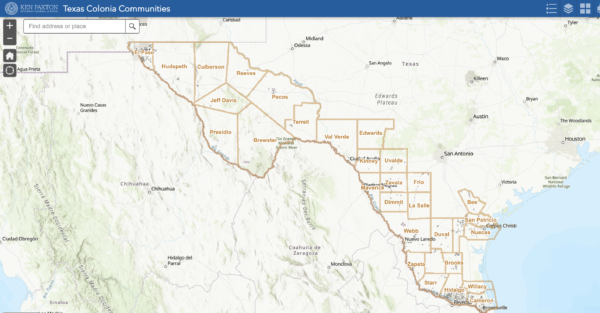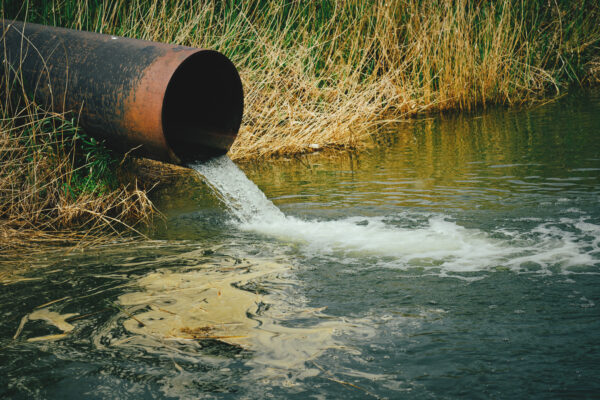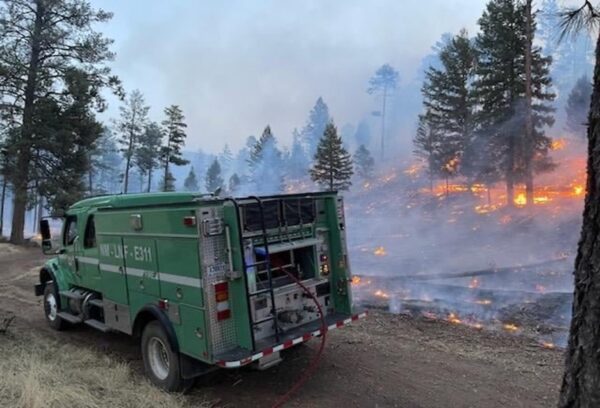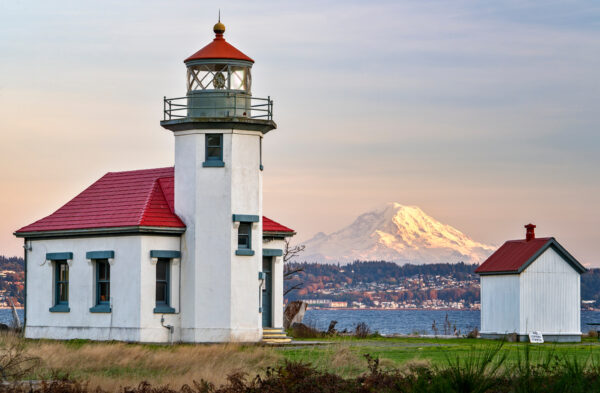How to Leverage Regional Collaboration for you Community

With several mounting pressures that impact small water and wastewater systems’ sustainability, the Rural Community Assistance Partnership is committed to finding approaches for systems to continue to provide quality service to their communities – one of which is helping systems partner with one another. If you would like to be a part of the conversation and learn more, please join RCAP and our Great Lakes regional partner, Great Lakes Community Action Partnership (GLCAP), October 9-10 in Springfield, Illinois.
Regional collaboration, or regionalization, is an important tool in a technical assistance provider’s toolbox that is sometimes misunderstood and can be very difficult to implement. Regionalization simply means partnership. The extent of a water or wastewater system partnership with neighbors can vary widely, from simple agreements to help one another in an emergency, to the full or partial consolidation of multiple systems. Regionalization can help communities to solve common problems like purchasing affordable supplies, paying qualified employees, establishing a sustainable ratepayer base, and more. RCAP aims to gather community leaders together to talk about these kinds of regional solutions and everything in between.
In October, RCAP will gather community members and leaders, elected officials, public sector representatives, and technical assistance providers in one place for a day and a half to learn and collectively brainstorm about how to successfully implement regional solutions and partnerships. Attendees will come away from this event with new ideas for how to work together with neighbors and how everyone could benefit from a partnership. Discussion will focus on the potential advantages to regional partnerships and on how to overcome the many challenges that can come between a community and fruitful and sustainable partnerships.
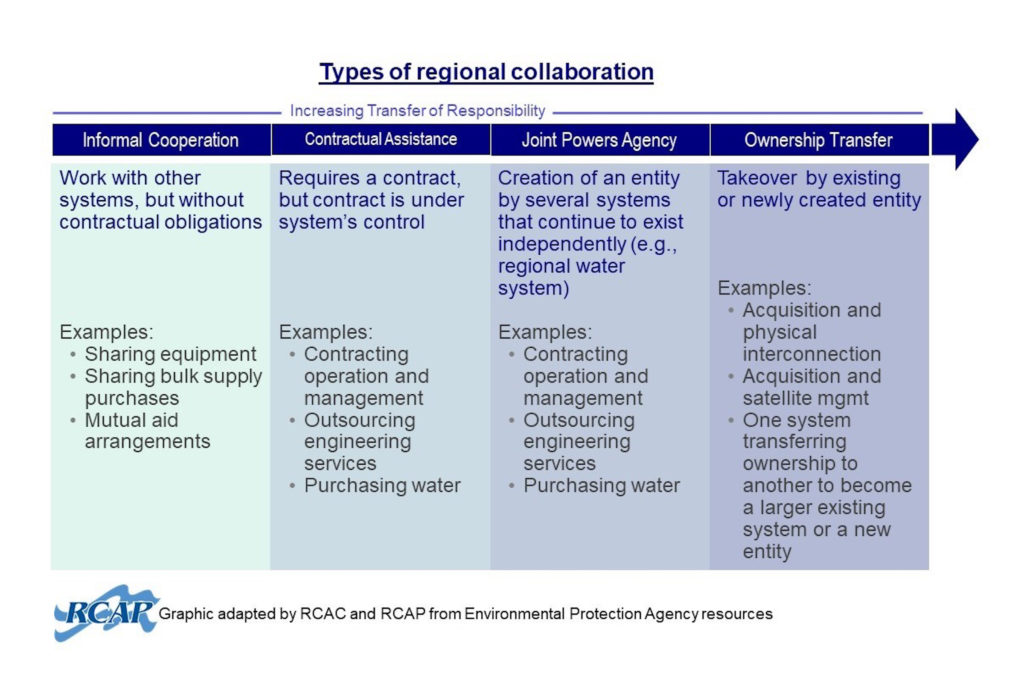
So, what are the different kinds of partnerships and why should a system consider them? First, the simplest form of a partnership is informal cooperation. Sometimes a water system will work with its neighbor(s) to share the cost of heavy machinery or other equipment if they don’t each need their own all the time, or to purchase disinfectants in bulk. These are great ways to exercise economies of scale that would otherwise be unattainable. Other types of informal cooperation may include mutual aid agreements, in which systems formally agree to assist one another in an emergency.
The next level of partnership is contractual assistance. This means that systems set up a contract with either another system or a service provider who also serves other systems. This method can alleviate strain on a system’s employees and build general capacity by creating a more efficient workflow. Sometimes systems will share certain types of staff, like an engineer, back office operations, or even a system operator. Sometimes they will create a contract to purchase water together or from one another. There are many options which can make the lives of system staff easier by streamlining operations and providing the security and peace of mind of a contractual agreement.
The next type of partnership is a joint power agency. This means that a completely new legal entity is created by two or more participating systems. The systems maintain autonomy, but also work with their neighbors to set up and manage a new entity which can perform various functions. Sometimes it provides shared system operators, sometimes it manages a treatment facility, sometimes it accesses source water that would have been too difficult for one system to tap into on its own. These are just a few examples of how systems can form a new entity to help them all experience better, more reliable and affordable water or wastewater services.
Finally, there is consolidation or ownership transfer. This option often produces anxiety for communities, and while it is not always the right fit, it is one tool in the regionalization toolbox that can sometimes solve a system’s problems. It can entail a takeover of a system either by an existing entity, whether that is another small system or a larger system, or the formation of a new entity. This often (but not always) includes a physical interconnection; managerial consolidations are also common.
Regionalization is an important tool to consider when working towards resilient and sustainable water and wastewater systems. Too often it is brushed aside as infeasible or too difficult. If there is any chance that your community could benefit from partnering with a neighbor, even in a small way, and you can travel to Springfield, Illinois, consider registering for the Illinois Regionalization Collaboration Summit on October 9-10, 2019. Click here for registration details and to sign up. Registration is open until September 23 and the hotel room block is available until September 13. Please contact Valerie VanFleet ([email protected]) for questions about registration or John Rauch ([email protected]) for questions about the content of the event.
